
VPN ensures unrestricted access to the internet VPN ensures unrestricted access to the internet
Each user gets a unique IP address

What is a VPN?
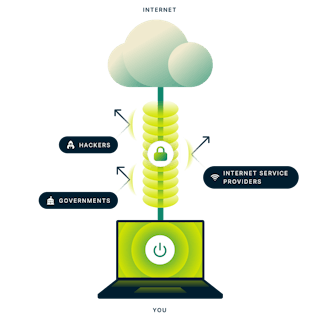
A VPN, or virtual private network, is a secure tunnel between your device and the internet.
VPNs protect you from snooping, interference, and censorship.
As you connect to a secure VPN server,
your internet traffic goes through an encrypted tunnel that nobody can see into—including hackers, governments, and your internet service provider.
Benefits and advantages of VPN
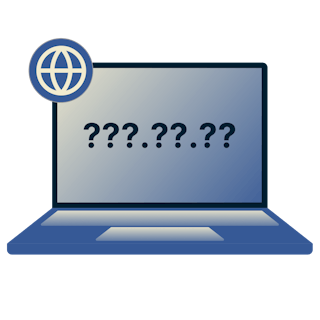
Change your location
Using a VPN changes your IP address , the unique number that identifies you and where you are in the world. A new IP address makes it harder to determine your identity and real location. With PrivateVPN, you can appear in any of several countries including the UK, US, Canada, Australia, and more.
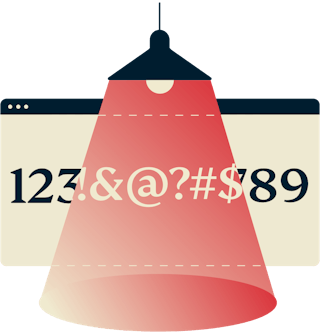
Protect your privacy
Changing your IP address with a VPN helps shield your identity from websites, apps, and services that want to track you. Good VPNs also prevent your internet provider, mobile carrier, and anyone else who may be listening from seeing your activity, thanks to a layer of strong encryption.
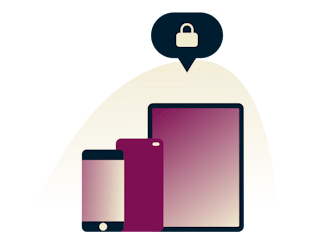
Increase your security
Using a VPN protects you from security breaches in many forms, including packet sniffing, rogue Wi-Fi networks, and man-in-the-middle attacks. Travelers, remote workers, and all kinds of on-the-go individuals use a VPN whenever they’re on an untrusted network like free public Wi-Fi.
When should I use a VPN?
If privacy is important to you, you should use a VPN every time you connect to the internet. A VPN app runs in the background of your device so it won’t get in the way while you use other apps and browse the internet. And you’ll have peace of mind knowing your privacy is always protected.
But here are some situations in which a VPN is especially useful:

While traveling
Exploring the world doesn’t mean you have to change the way you use the internet. A VPN lets you use the internet as if you were still in your home country, no matter how far you travel.
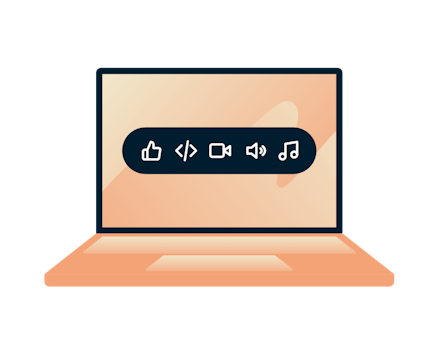
While having fun
A VPN lets you enjoy the sites and services you like without ISP throttling that could detract from your experience or outright blocking by your ISP or local Wi-Fi network.
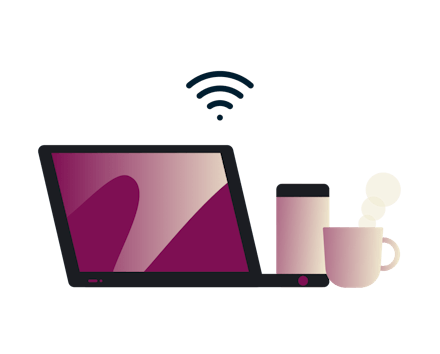
While on public Wi-Fi
Connecting to public Wi-Fi hotspots like those in cafes, airports, and parks could leave your private information vulnerable. Using a VPN on your devices keeps you safe with strong encryption.

While gaming
Using a VPN unlocks games, maps, skins, and other add-ons that might be restricted on your network.
It also shields you from DDoS attacks and reduces ping and overall lag.
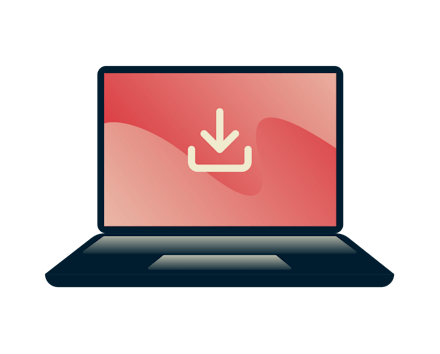
While file-sharing
P2P file sharing usually means that strangers can see your IP address and possibly track your downloads. A VPN keeps your IP address private, letting you download with increased anonymity.
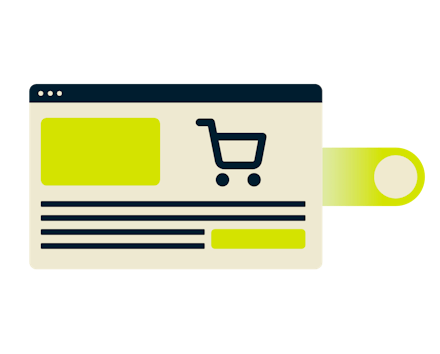
While shopping
Some online stores show different prices to people in different countries. With a VPN, you can find the best deals in the world no matter where you’re shopping from.
How does a VPN work?
To understand how a VPN works, it helps to first understand how your internet connection works without one.
Without a VPN
When you access a website without a VPN, you are being connected to that site through your internet service provider, or ISP. The ISP assigns you a unique IP address that can be used to identify you to the website. Because your ISP is handling and directing all your traffic, it can see which websites you visit. And your activity can be linked to you by that unique IP address.
With a VPN
When you connect to the internet with a VPN, the VPN app on your device (also called a VPN client) establishes a secure connection with a
VPN server. Your traffic still passes through your ISP, but your ISP can no longer read it or see its final destination.
The websites you visit can no longer see your original IP address, only the IP address of the VPN server, which is shared by many other users and changes regularly.
Not Connected
Connected
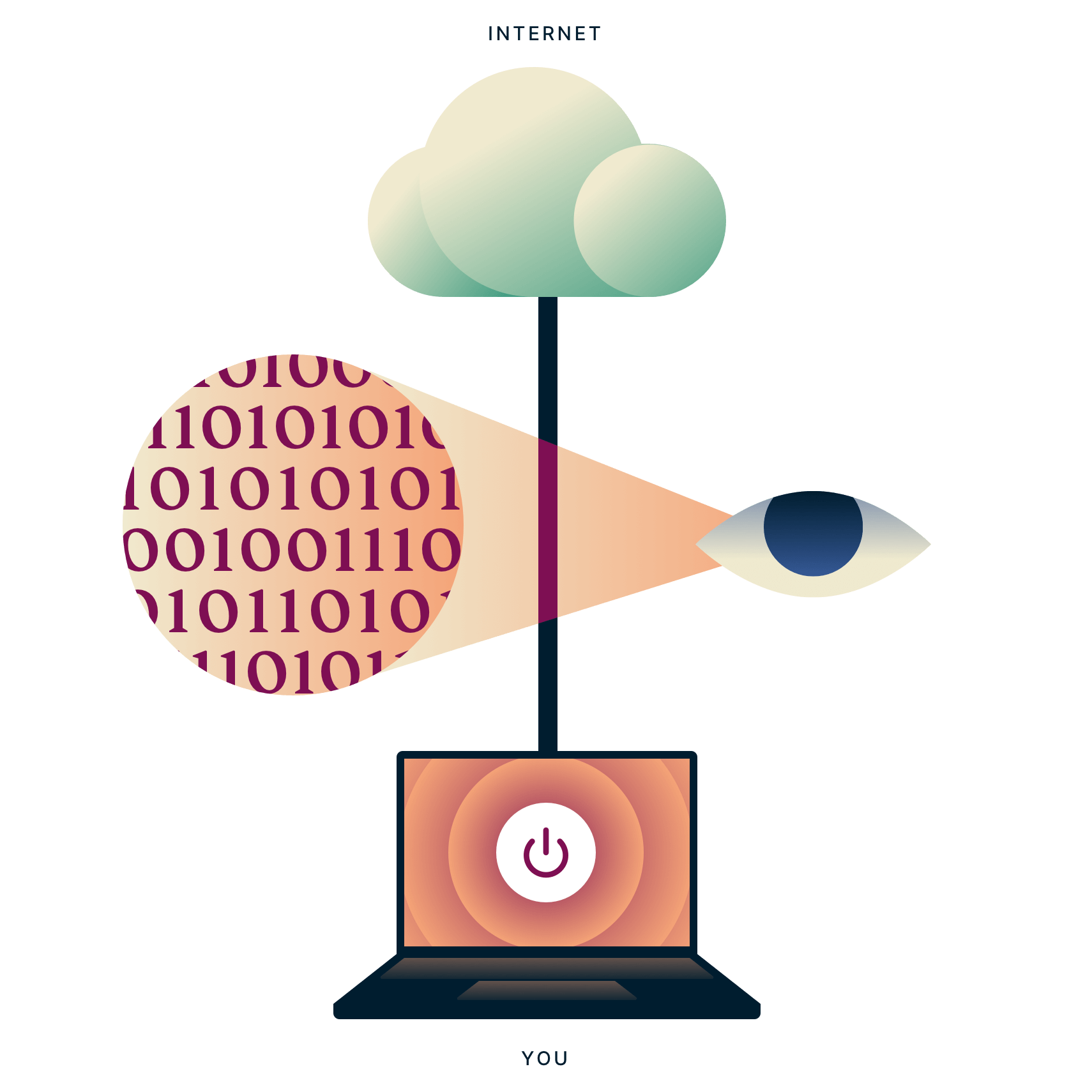
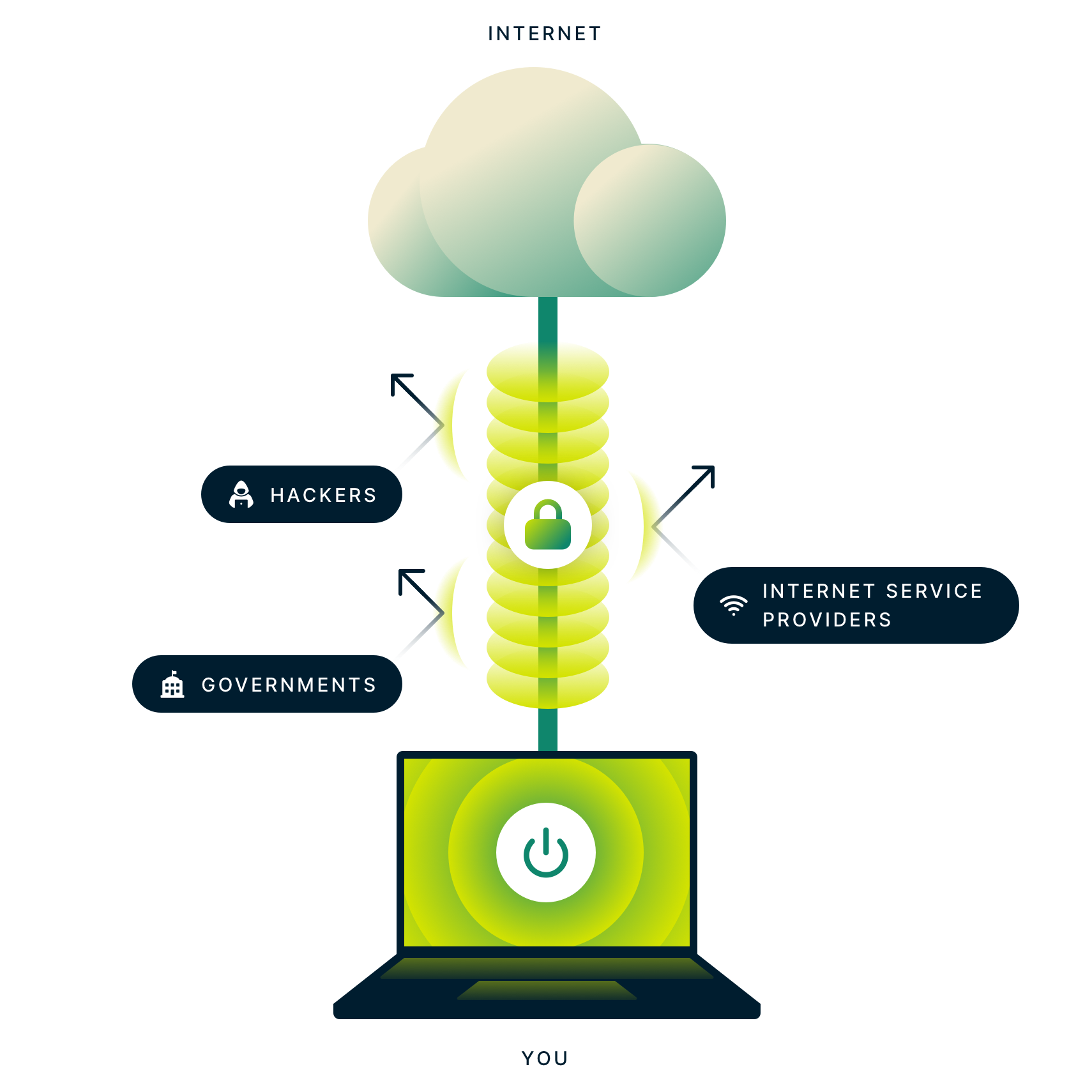
Here are several key concepts related to VPN that will help you understand how a VPN works and the benefits it provides:
Proxying
The VPN server acts like a proxy, or stand-in, for your web activity: Instead of your real IP address and location, websites you visit will only see the IP address and location of the VPN server.
This makes you more anonymous on the internet.
Authentication
Establishing a secure connection is a tricky problem solved by clever mathematics in a process called authentication.
Once authenticated, the VPN client and VPN server can be sure they are talking to each other and no one else.
Tunneling
VPNs also protect the connection between client and server with tunneling and encryption.
Tunneling is a process by which each data packet is encapsulated inside another data packet. This makes it harder for third parties to read in transit.
Encryption
Data inside the tunnel is also encrypted in such a way that only the intended recipient can decrypt it. This keeps the contents of your internet traffic completely private. Even your internet service provider won’t see it.
Types of VPN

Commercial VPN
A commercial VPN, also known as a personal or consumer VPN, is a service provided directly to individuals, typically for a fee. Users share the network offered by the service provider. While these providers assure data protection, your data remains under their control, which may raise privacy concerns for some users.
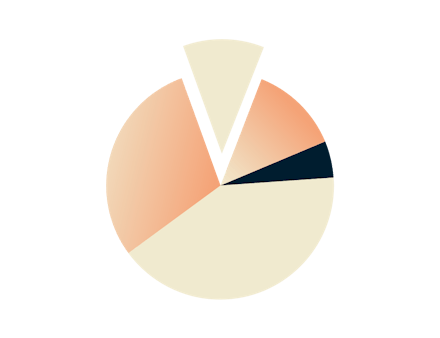
Corporate VPN
A corporate VPN, or business VPN, enables remote employees to connect securely to the internet as if they were physically present in the office. These VPNs primarily protect the company’s privacy, ensuring secure communication within the organization. Individual privacy, while important, may not be the primary focus.
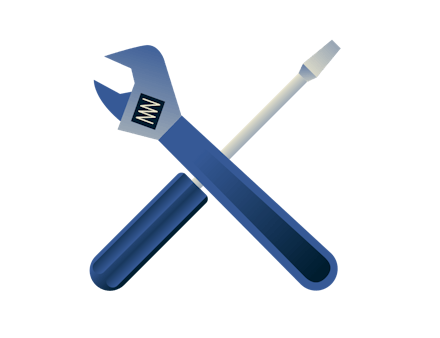
Self-setup VPN
For those who prefer complete control over their network, setting up a self-managed VPN is an option. This type of VPN allows you to manage your own private network, with all data controlled by you. PrivateVPN offers services to help build such a VPN, ensuring the highest level of freedom and performance.
Each user can be assigned an independent IP address